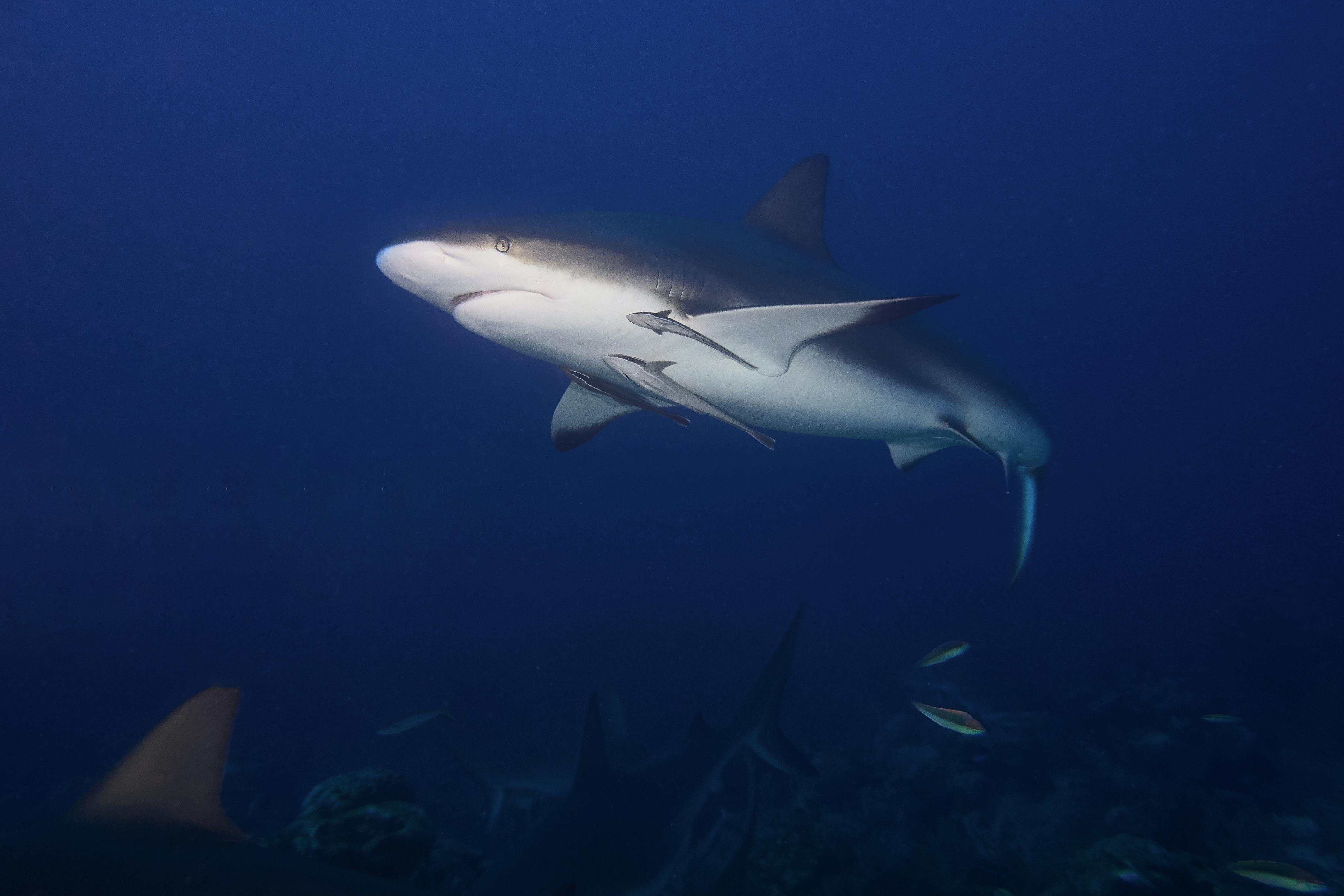News release
From:
Nicolas Lubitz is a researcher at James Cook University. He led a new study looking at ‘upwelling events’ – where strong winds cause surface waters to be pushed out from the coast and cold water from the depths is pulled up to take its place.
He said the team assessed an extreme upwelling event that occurred along the south-east coast of South Africa in 2021.
“On March 2nd 2021, carcasses of at least 260 marine organisms from 81 species, such as sharks, manta rays and trevally, began washing up along the coastline of South Africa, in a 230 kilometre zone stretching from Port Elizabeth north along the coast.
“Satellite data and surface measurements showed an upwelling had occurred in the area on March 1st,” said Dr Lubitz.
He said upwelling cells are believed to be intensifying due to climate change-driven shifts in pressure systems and ocean currents.
“We examined trends in the frequency and intensity of upwelling in the Agulhas Current in the Southern Indian Ocean and the East Australian Current— and found an increasing trend in frequency and intensity of cold events,” said Dr Lubitz.
He said tropical species are expanding their distributions closer towards the poles as oceans warm – however, they might face new risks through intermittent but extreme upwelling events which appear to be increasing in frequency and intensity at some of those new range limits.
“Our results suggest that climate change-driven intensification of upwelling could increase the frequency at which migratory, subtropical marine megafauna experience killer cold events.
“This highlights the potential impacts of increased cold events, and also the complexities of climate change on marine ecosystems since the oceans are generally warming but climate change can simultaneously shift currents and winds to produce short but intense cold snaps,” said Dr Lubitz.



 Australia; NSW; QLD
Australia; NSW; QLD



